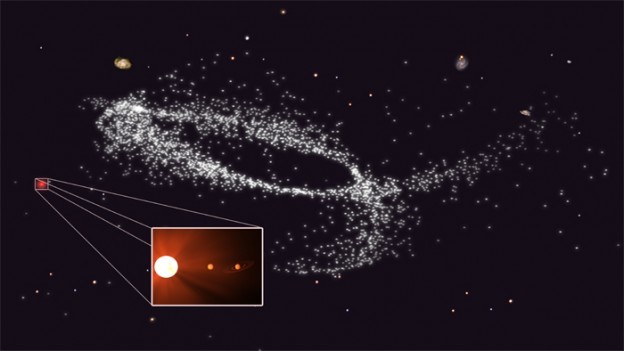Duration: 43 minutes
First broadcast: Thursday 07 March 2013
Melvyn Bragg and his guests discuss absolute zero, the lowest conceivable temperature. In the early eighteenth century the French physicist Guillaume Amontons suggested that temperature had a lower limit. The subject of low temperature became a fertile field of research in the nineteenth century, and today we know that this limit – known as absolute zero – is approximately minus 273 degrees Celsius. It is impossible to produce a temperature exactly equal to absolute zero, but today scientists have come to within a billionth of a degree. At such low temperatures physicists have discovered a number of strange new phenomena including superfluids, liquids capable of climbing a vertical surface.
With:
Simon Schaffer
Professor of the History of Science at the University of Cambridge
Stephen Blundell
Professor of Physics at the University of Oxford
Nicola Wilkin
Lecturer in Theoretical Physics at the University of Birmingham
Producer: Thomas Morris
http://www.bbc.co.uk/programmes/b01r113g


